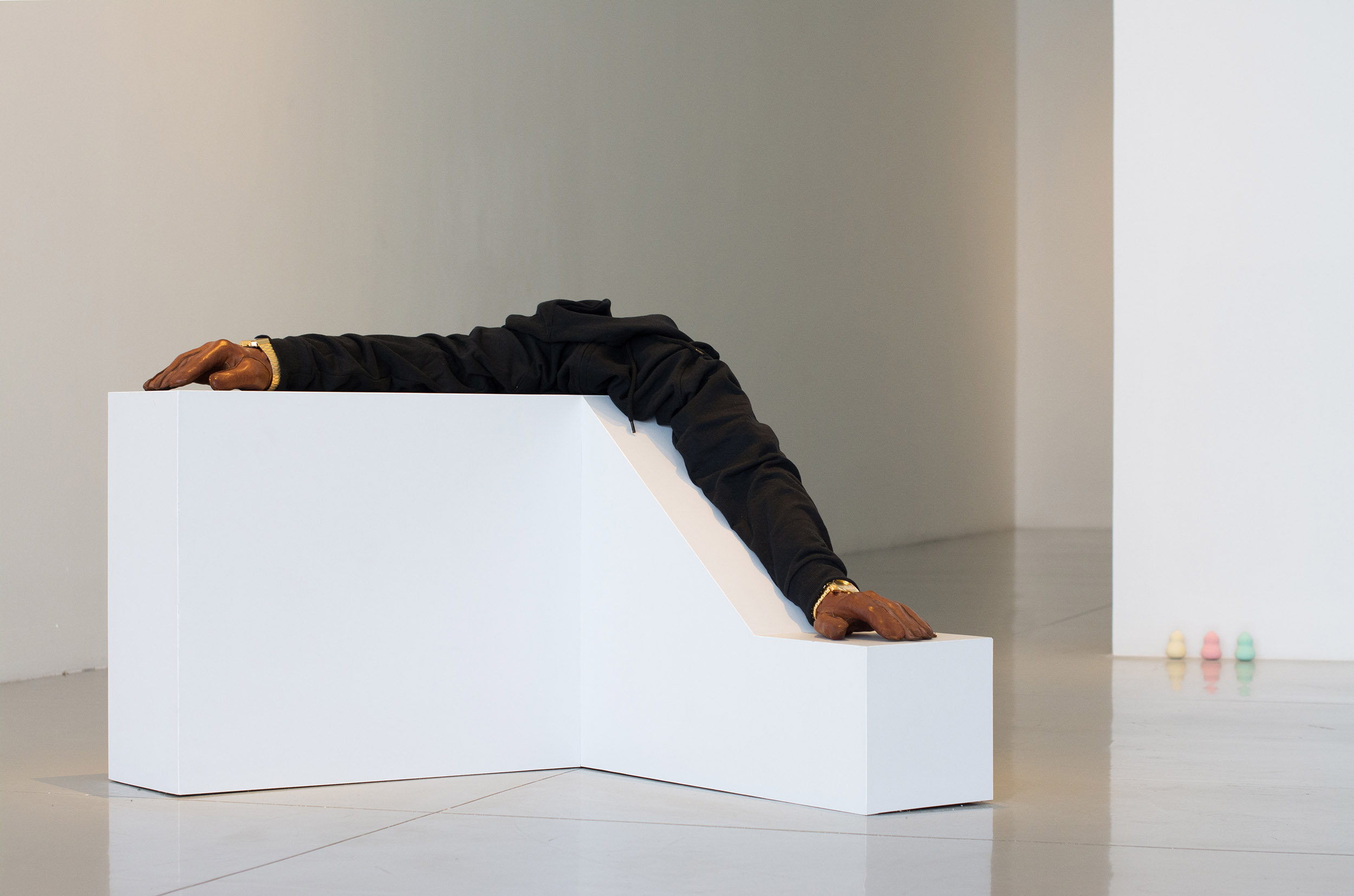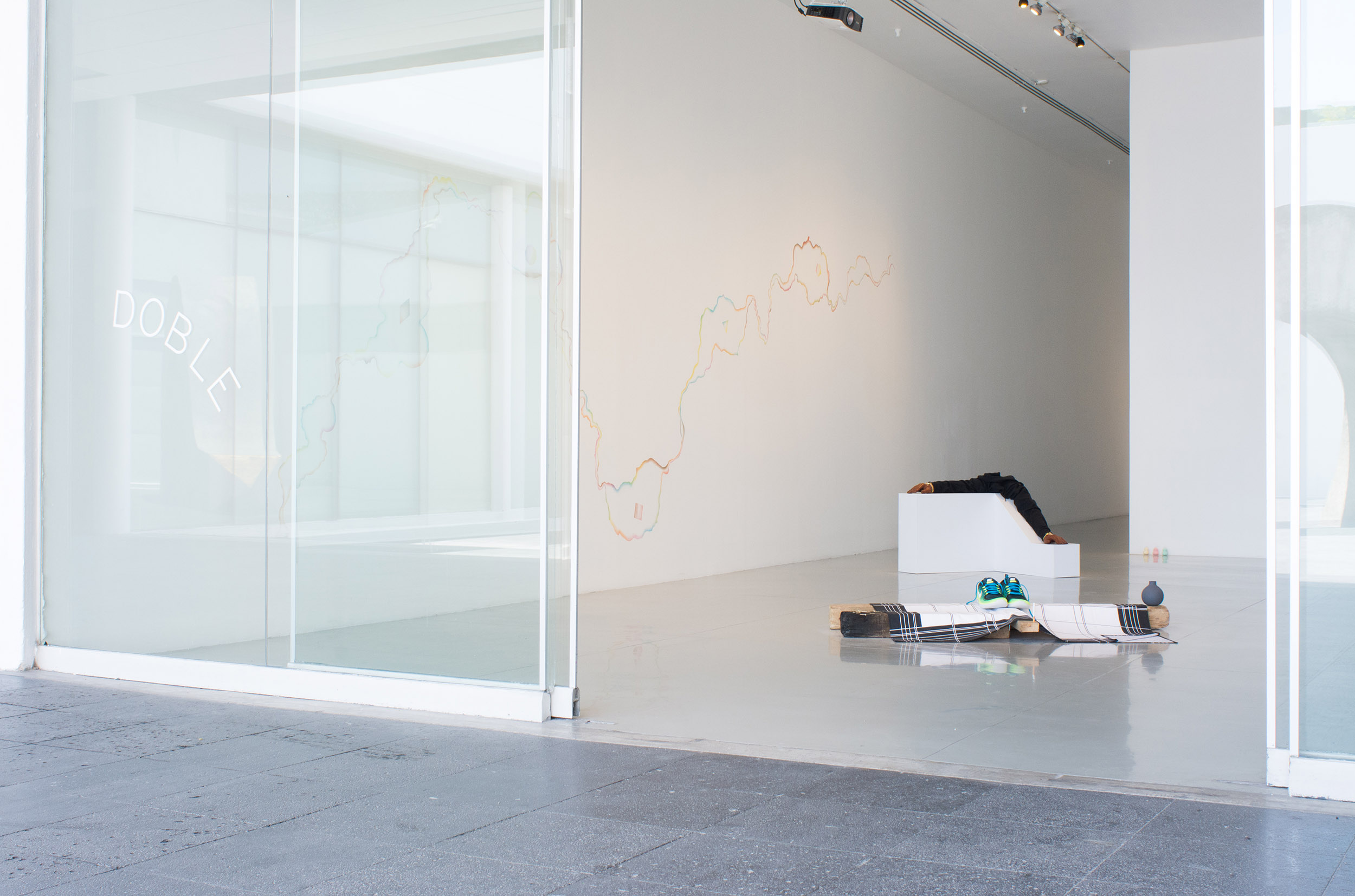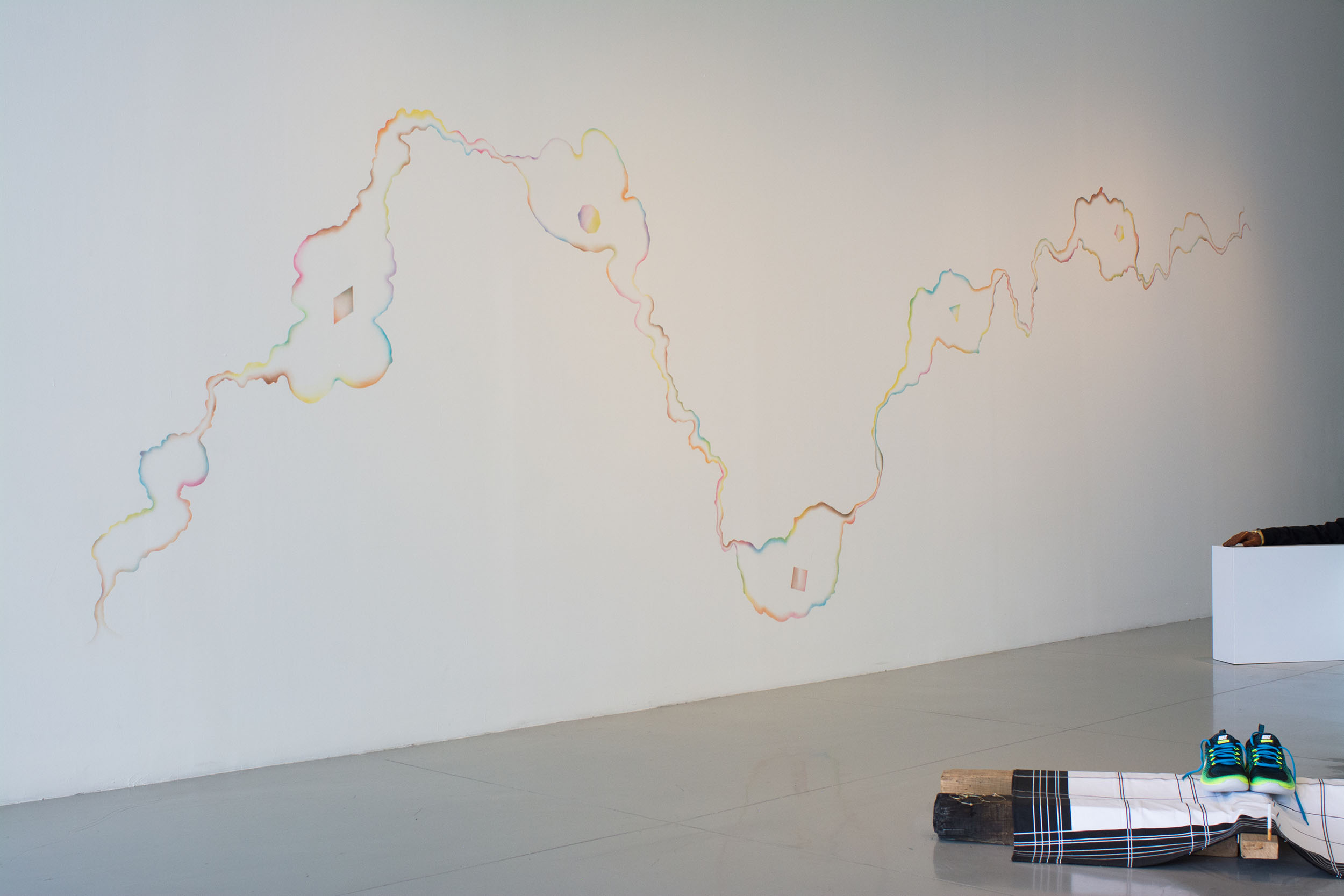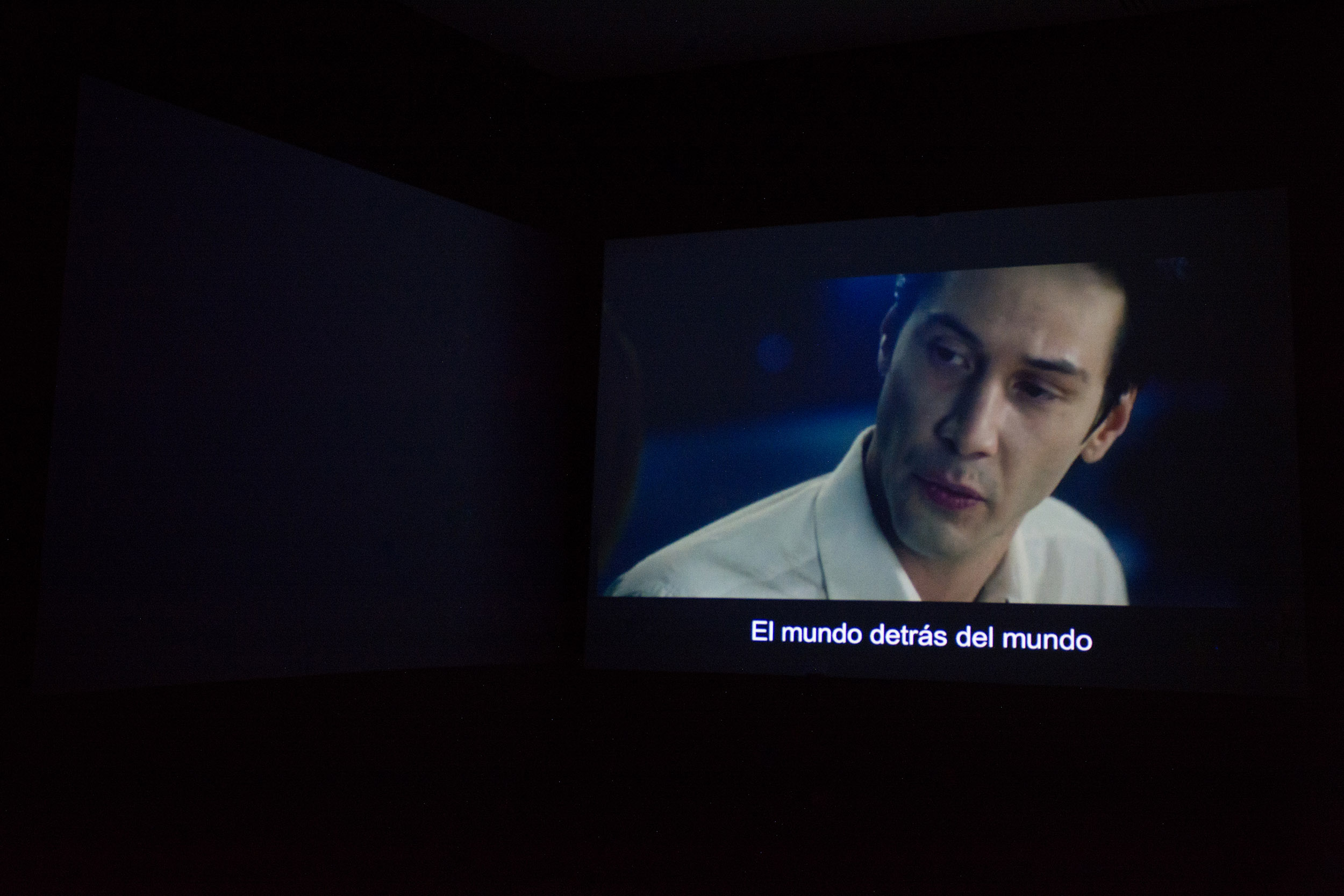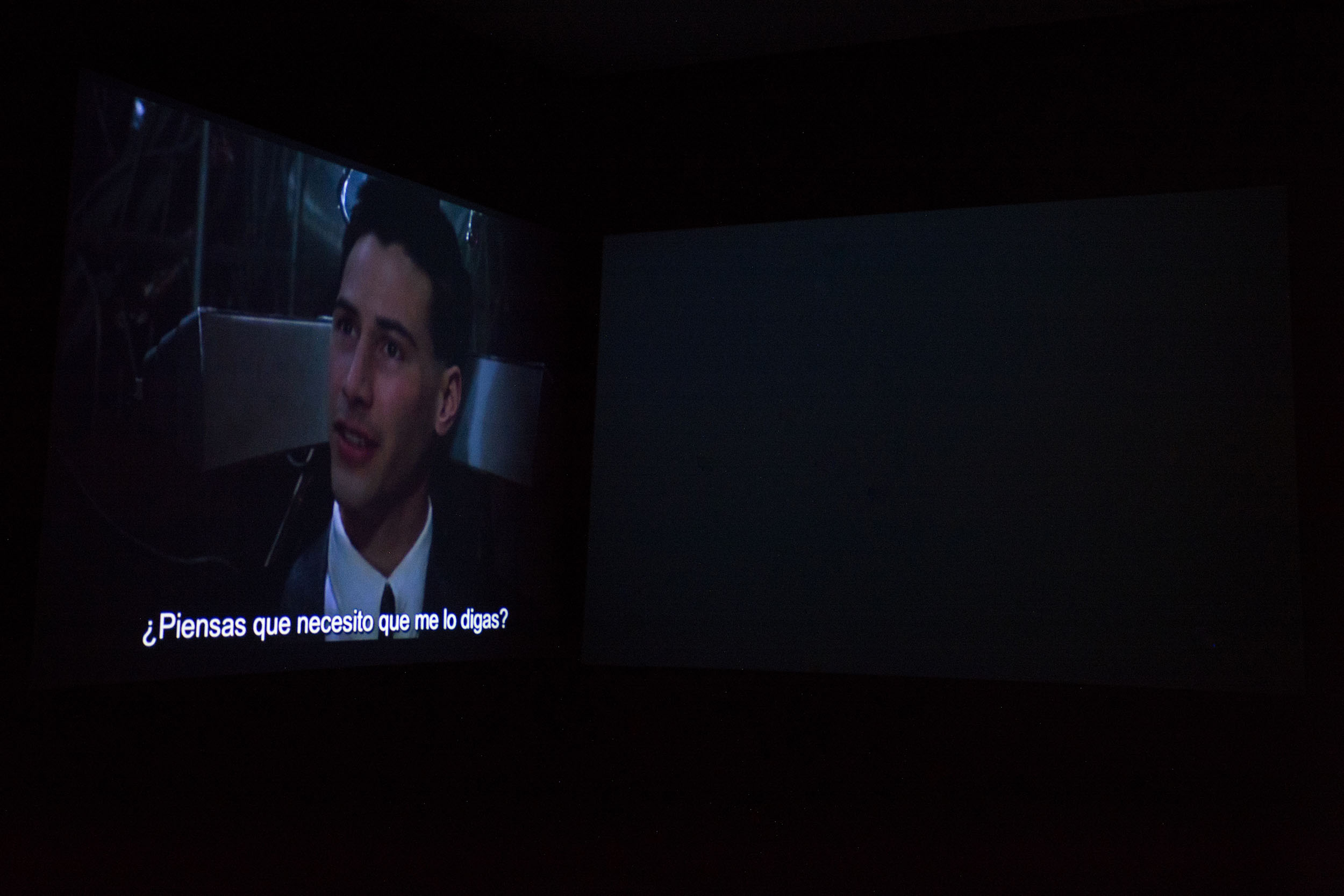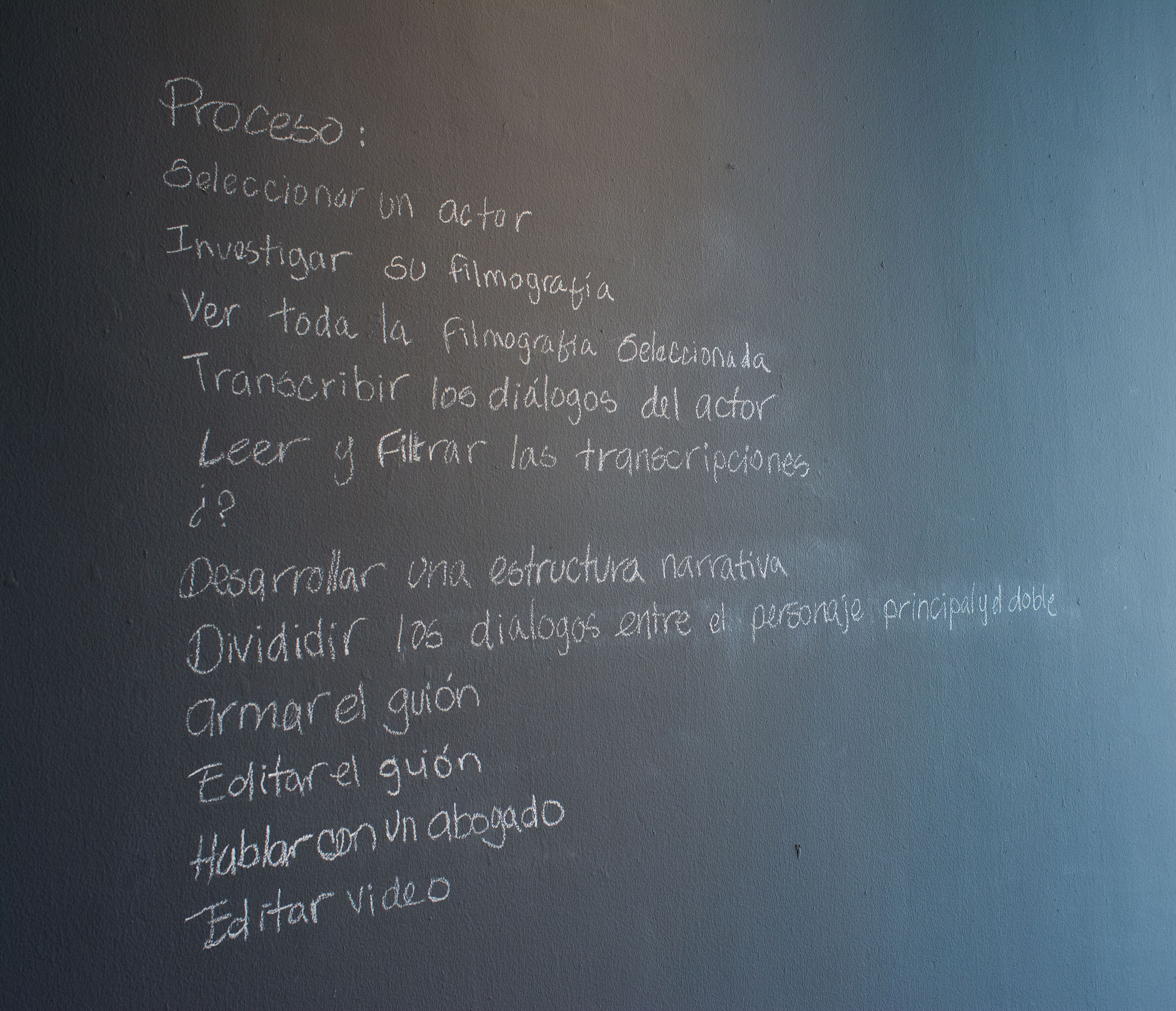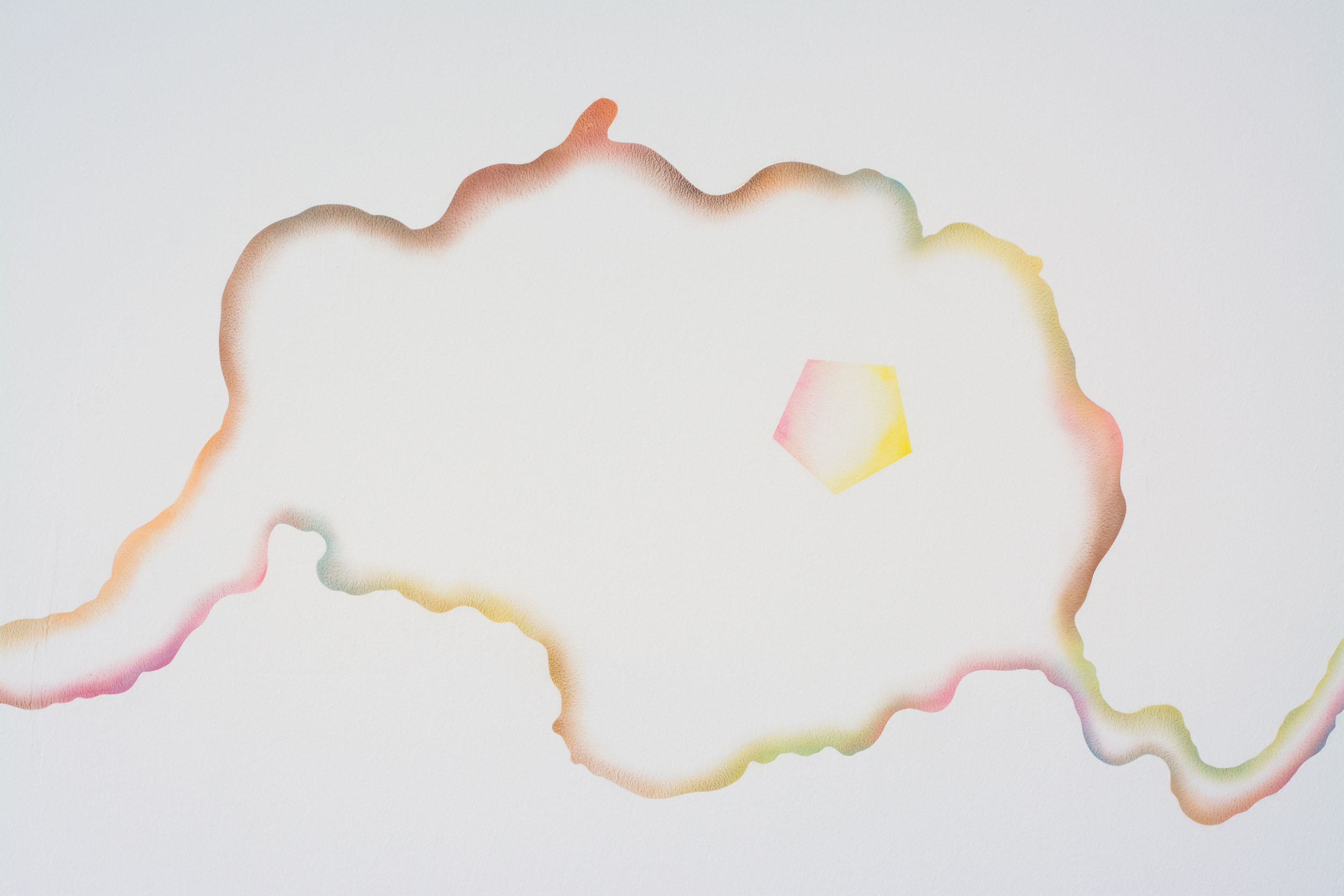Double. Thirst for the Infinite | Octavio Abúndez & Edgar Cobián
Curator: Viviana Kuri
From July 27 through November 6, 2017
This exhibition launches the MAZ’s Double program, which involves a pair of artists working on the same theme and exhibiting in the same clearly divided space. They agree not to work in collaboration: the exercise consists of each one taking his or her personal approach and there being no intercrossing of processes. Double formulates a series of rules to ensure a confrontation of ideas, a dialogue between two visions of the same concept, a combination of stances that remain separate yet through their difference expand the possibilities of understanding.
The program intentionally rejects a certain moralistic view of collaboration, understood as the notion that only what we do collaboratively can be good, as though a positive value were to be imposed on any interactive practice, regardless of our evaluation of the actual content of what is proposed. We reject this collaborative moralism that downplays the value of solitary action, distinctive ideas, personal effort, and first-person resistance.
“Collaboration becomes the basis of a new moralism when it takes its place at the center of a machinery for producing consensus and acritical participation.” (Marina Garcés)
For the first edition of Double the artists offer two visions of the quest for personal identity in our time, that is, of the challenge of how to find a place in the world, of how to confront the void. According to Gilles Lipovetsky, the contemporary age favors the lightness of the feather: frivolity, entertainment, the surrender to novelty, desire, and immediate gratification. We pass over the surfaces of things, where the ephemeral reigns. We are complete individualists, neo-narcissists for whom the sense of duty has been annihilated in the face of imperatives of self-realization, of our encounter with wellbeing.
Sentimentalism is considered to be in bad taste nowadays. Happiness is a field restricted to the authors of self-help books and insufferable “coaching” programs. Lipovetsky points out the difference, however, between happiness and wellbeing (“happiness lite”). “Happiness draws on the ancient ideal of a pact with oneself. There is an interior dimension to happiness. It was the philosophic quest for wisdom. Happiness is peace, peace with oneself, peace with the world. When we are content with our own life, there is an interior dimension. Wellbeing refers rather to the material dimension: home, comfort, electrical appliances, health… in our society we have ever more material wellbeing, but not necessarily inner happiness.” Human beings, he goes on to say, are not mere consumers: they think, they create, they commit themselves… Material wellbeing is all very well, it is necessary but not sufficient; lightness is not to be condemned in itself, but it is not enough for a social project.
In our post-moral society, according to the philosopher, duty has been diluted by the demands of desire and morality no longer requires dedication to an end higher than oneself. Wellbeing is valued more highly than the good. There is a silent revolution taking place in our interpersonal relationships: what is important today is to be absolutely oneself, while others become indifferent to us. But as someone once reminded us: “I am not alone.” In Hebrew, to “manufacture time” is the same as to “invite,” so it takes two to manufacture time.
Viviana Kuri


